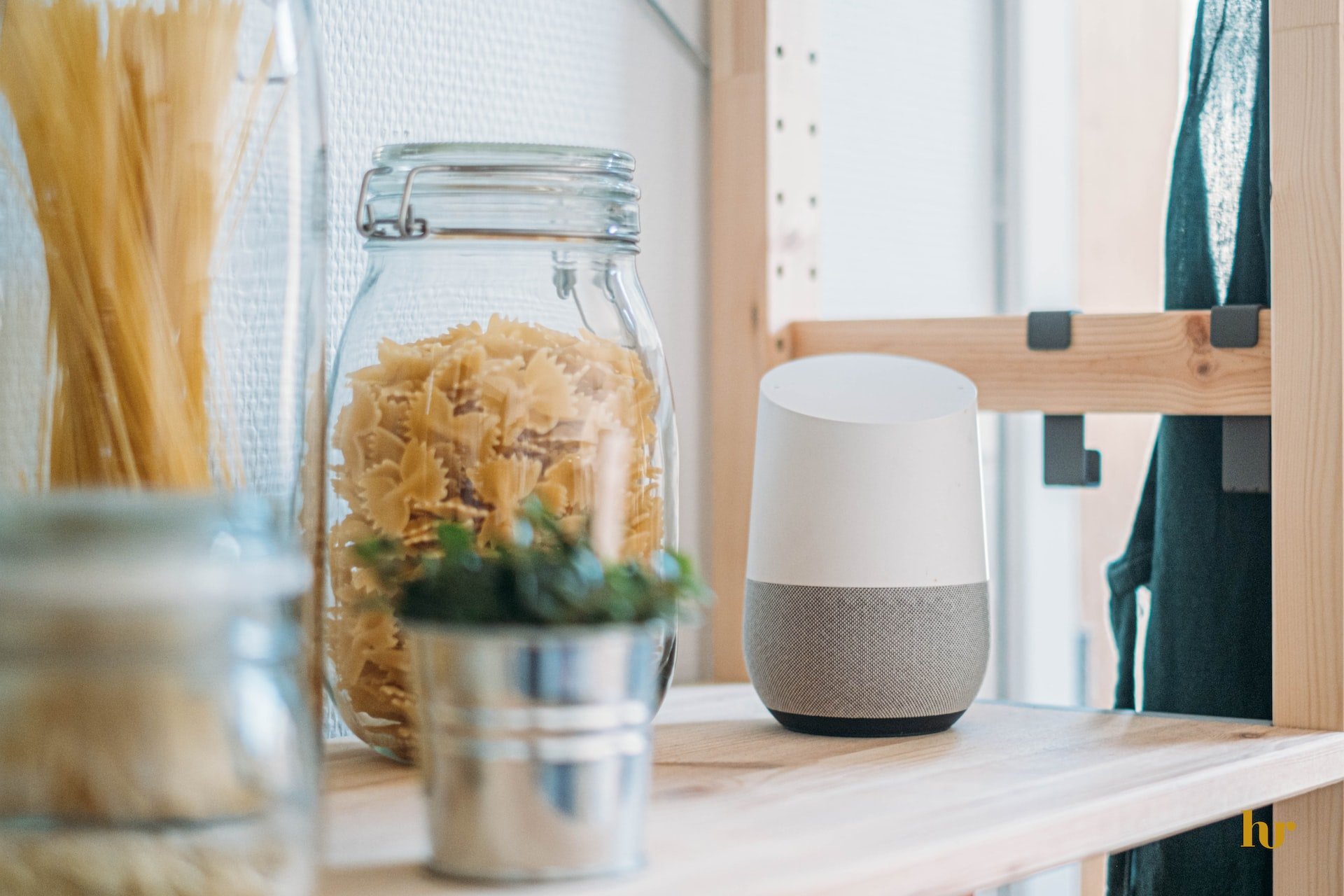
Almost a quarter (23%) of Gen Zs avoid technology like Google Home, Alexa and other Bluetooth devices because of privacy concerns and only 35% want to see it in their homes.
This is according to a survey of 2,500 Gen Zs conducted by The Property Marketing Strategists. However, Gen Zs answers to other questions point the way to the future, suggesting that where they perceive a clear benefit and few downsides, they are ready to embrace the latest tech. 57%, for example, would install an energy meter in every bedroom to drive down energy wastage and consumption.
Deenie Lee, co-founder of The Property Marketing Strategists, said: “Our survey reveals a fascinating textured picture, at odds with the cliché of young people embracing new technology for technology’s sake. Interestingly, Gen Z are taking a very savvy approach to appraising new innovations and embracing those which they consider to bring them true utility such as smart meters to help them reduce their bills. Meanwhile, they expect other innovations to fit around them rather than fitting their lives around new developments such as VR and the Metaverse.”
Technology undoubtedly has a future in the home, though the majority expectation is that the tech will fit around existing ways of living rather than people’s lives changing significantly as a result of new tech, with 45%, for example, feeling that the metaverse and VR will not change how they use their home.
Kevin Brady, director at Apudos, an all-in-one delivery management platform, said: “As the way we live continues to evolve, the role of smart technology will be intertwined with our day to day lives. What is clear from this research is students want to feel empowered and have choice when accessing smart technology. With a baseline 35% of students in favour of smart technology in their bedrooms the findings suggest this percentage will only increase over time once privacy and security concerns are overcome.
“The fact that international students, in the early adopter role, feel most comfortable with up to 63% seeing smart tech as important suggest they have already formed trust and we would expect the remaining majority to follow suit over time. Given between 21% and 33% of students are willing to pay an extra amount to access high speed internet/smart tech at home we would again expect this percentage to increase once the true value and impact of smart technology is experienced day to day”
Interested in hearing leading global brands discuss subjects like this in person? Find out more about Digital Marketing World Forum (#DMWF) Europe, London, North America, and Singapore.






